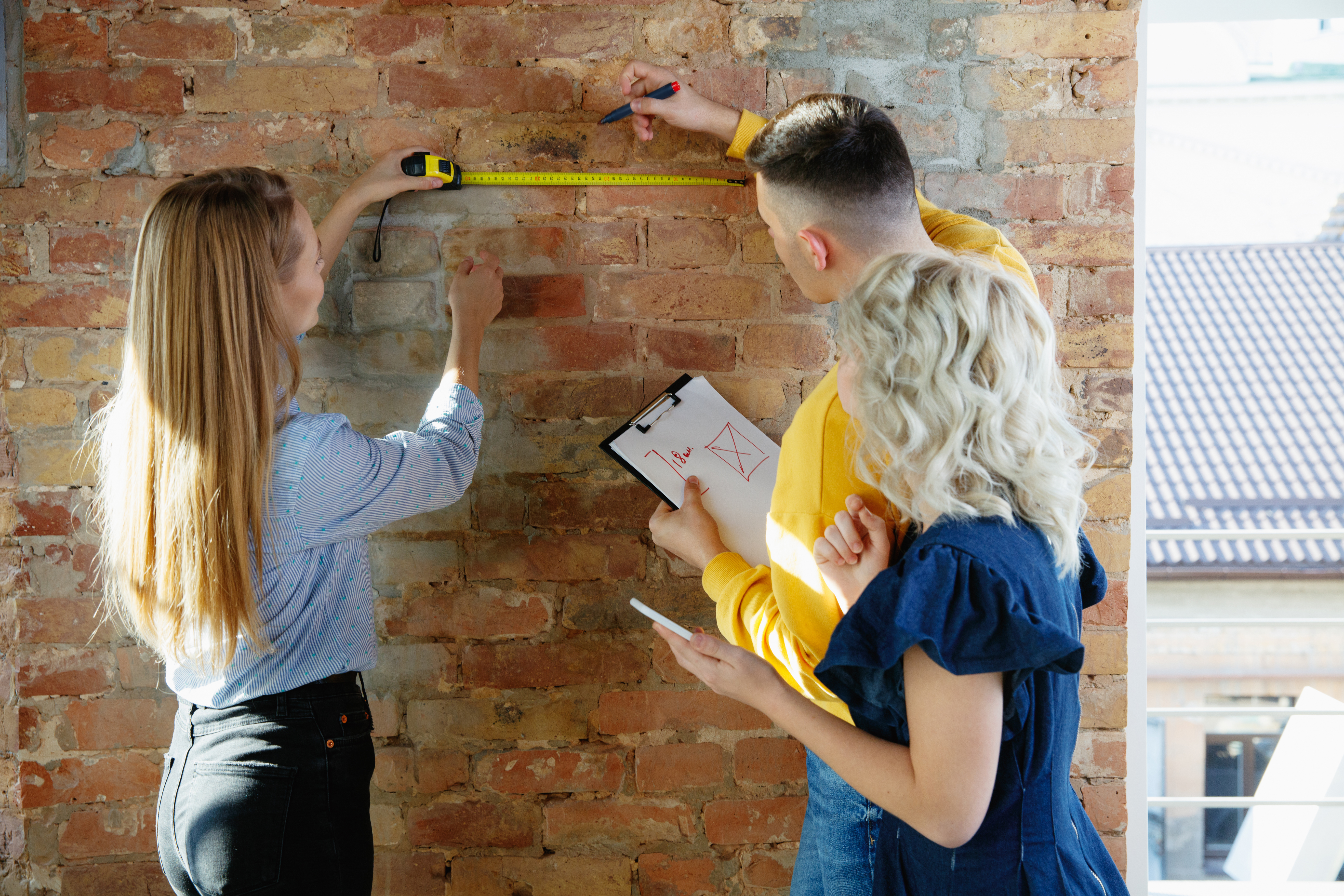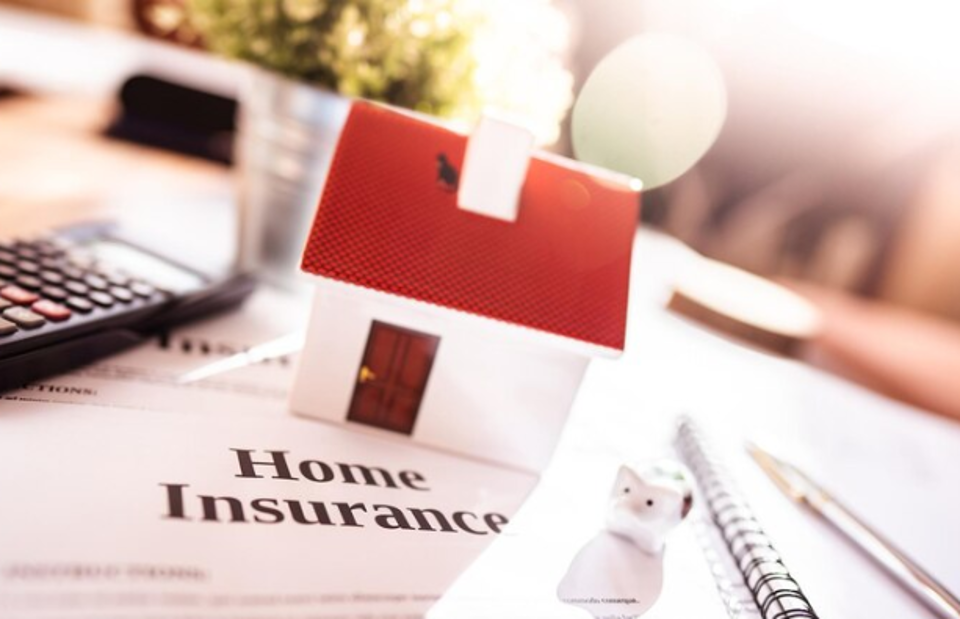Upgrade My Property and Save on Insurance
Why Property Upgrades Matter for Insurance
Home insurance companies determine premiums based on risk. If your property has outdated systems or lacks protective features, insurers may view it as a higher risk for damage or claims. Upgrading your property not only improves safety and value but can also lead to significant savings on your insurance policy.
Improve Your Roof and Structure
The condition of your roof is one of the most important things that affects how much your insurance costs. Using impact-resistant materials to replace an old or damaged roof can cut your premiums and lower the chance of storm damage. Making your home's foundation stronger and replacing windows or doors with storm-resistant ones can help make your home safer and more appealing to insurance companies.
Upgrade Plumbing and Electrical Systems
Older plumbing systems increase the risk of leaks and water damage, while outdated electrical wiring raises fire hazards. Upgrading these systems shows insurers that your home is less likely to experience costly damage. This can result in discounts and reduce the chance of claims being denied due to poor maintenance.
Add Safety and Security Features
Installing modern safety features, such as smoke detectors, fire alarms, and sprinkler systems, demonstrates proactive protection against common hazards. Additionally, adding a security system, smart locks, or motion-sensor lighting can lower the risk of theft or vandalism. Many insurance companies reward homeowners who take extra steps to safeguard their property.
Invest in Energy Efficiency and Smart Tech
Smart home technology, like water leak sensors, gas shut-off systems, or smart thermostats, can prevent costly damage and improve energy efficiency. These upgrades often earn discounts from insurers who value risk-reducing technology. Solar panels and energy-efficient windows may not directly cut insurance costs, but they improve property value and overall appeal.
Bundle Upgrades with Maintenance
Routine maintenance, such as trimming trees, cleaning gutters, and servicing HVAC systems, combined with upgrades, signals to insurers that your property is well cared for. A lower-risk property is more likely to qualify for lower premiums.
Conclusion
Upgrading your property is an investment that pays off in two ways: it boosts your home’s safety and value while also lowering insurance costs. By focusing on structural improvements, safety systems, and smart technology, you can create a secure environment that insurers reward with more affordable premiums.






